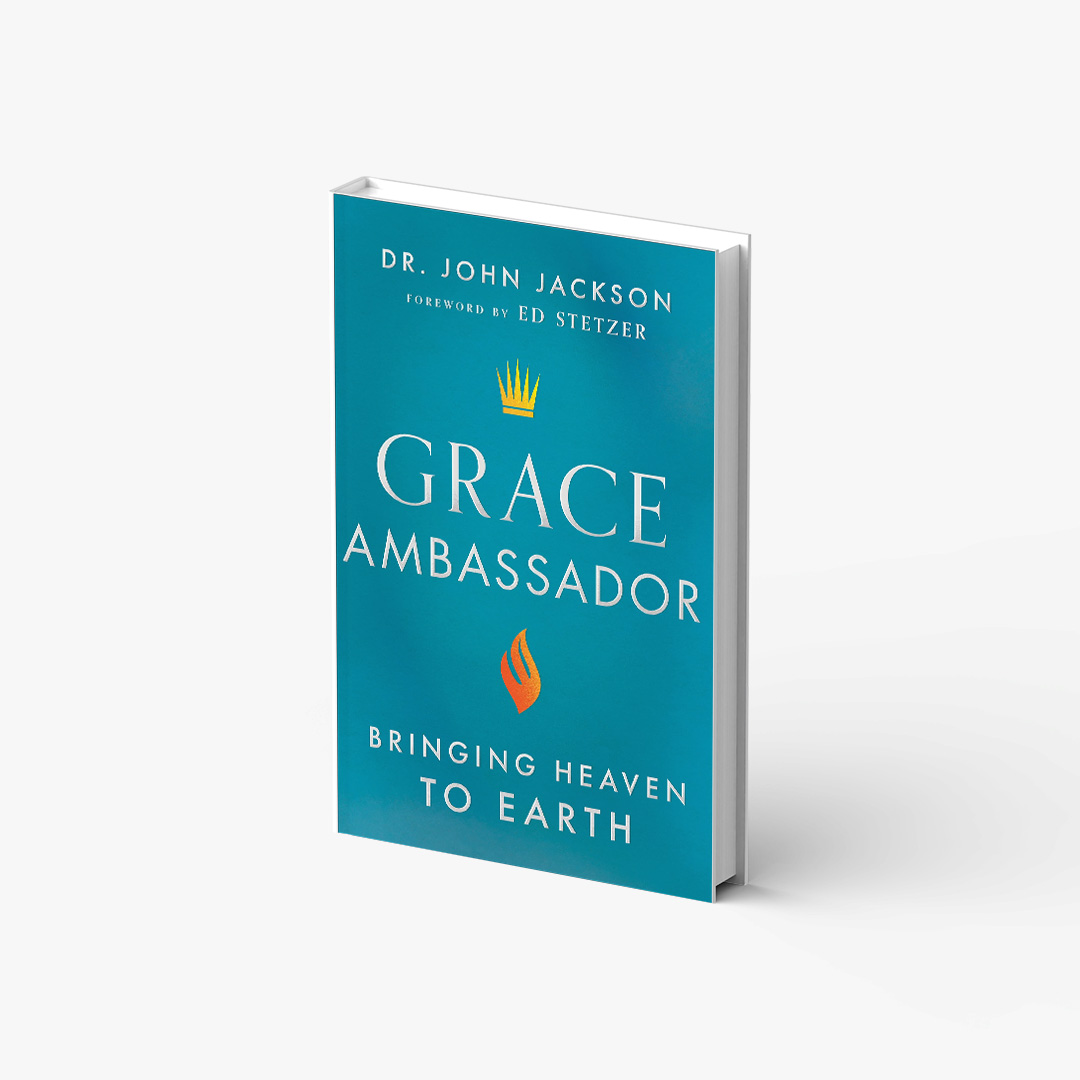It was Yogi Berra that said, “It aint over until its over”. Likewise the final chapter to our lives and to our relationship with God is not really “over” until it’s over. This is our closing series on “Doctrine that Makes a Difference”. It is fitting that we end with this topic, “What Happens When I Die?”.
How far can you see? On a normal day in LA, you can see ¼ mile! On a clear day here at Kingsbury or Spooner, you can see for 30 miles. And, with the aid of binoculars or a telescope, your natural eye can be transformed into a viewing “machine” that can see for miles and miles.
Today, I have provided “7 Windows to Forever” to assist our understanding of what the Bible teaches about forever, and ‘what happens when I die?’.
1) In the end, we all are accountable to God
So then, men ought to regard us as servants of Christ and as those entrusted with the secret things of God. Now it is required that those who have been given a trust must prove faithful. I care very little if I am judged by you or by any human court; indeed, I do not even judge myself. My conscience is clear, but that does not make me innocent. It is the Lord who judges me. Therefore judge nothing before the appointed time; wait till the Lord comes. He will bring to light what is hidden in darkness and will expose the motives of men’s hearts. At that time each will receive his praise from God. (I Cor. 4:1-5)
The Bible teaches that God is our maker and that, therefore, we ultimately all answer to Him. While things are not always worked out justly in the here and now, the promise of the Bible is that all things will be justly worked out in due time. Immanuel Kant, the 18th century philospher, suggested that the lack of justice here on earth was a major reason to believe in life after death.
2) God’s standard is different than ours
For all have sinned and fall short of the glory of God (Romans 3:23)
Matthew 5:48 tells us that we are to be perfect as God is perfect. That is the standard. God does not grade on a curve. Most of us, when we think about eternity and what happens, logically assume that if we are “better than average”, we’ll probably do o.k. in the life after this one. The Bible says that our efforts, and our goodness simply is way off the mark from God’s standard of perfection.
3) Death is a shared experience of all who live
Just as man is destined to die once, and after that to face judgment (Hebrews 9:27)
Not something that is optional. We all face this; life we lead in our current “earth suits” is temporary. Despite recent advancements in medical technology, our lives here on this planet are clearly limited.
4) God’s attributes require an ultimate time of judgement
For this very reason, Christ died and returned to life so that he might be the Lord of both the dead and the living. You, then, why do you judge your brother? Or why do you look down on your brother? For we will all stand before God’s judgment seat. It is written:
“‘As surely as I live,’ says the Lord, ‘every knee will bow before me; every tongue will
confess to God.’” So then, each of us will give an account of himself to God. (Romans
14:9-12)
A man and his grandmother and I were walking towards the United Nations Building in New York City, we came upon a street evangelist who was trying to get the attention of passersby. He urged those near him to flee from the wrath to come. “I warn you,” he roared, “that there will be weeping, and wailing, and gnashing of teeth!” An old woman in the crowd shouted snidely: “Sir, I have no teeth!” “Lady,” the evangelist retorted, “teeth will be provided!”
5) Judgement will be certain and final
Then I saw a great white throne and him who was seated on it. Earth and sky fled from his presence, and there was no place for them. And I saw the dead, great and small, standing before the throne, and books were opened. Another book was opened, which is the book of life. The dead were judged according to what they had done as recorded in the books. The sea gave up the dead that were in it, and death and Hades gave up the dead that were in them, and each person was judged according to what he had done. Then death and Hades were thrown into the lake of fire. The lake of fire is the second death. If anyone’s name was not found written in the book of life, he was thrown into the lake of fire. (Revelation 20:11-15)
Is There a Hell?
52% of adults are certain there is a hell.
27% think there might be.
As to What it Might Be Like:
48% think it is a real place where people suffer eternal fiery torment.
46% think it is an anguished state of existence rather than an actual place.
6% don’t know. — USA Today, 10-31-97, p. 1D.
6) The promise of Christ is eternal life
But now that you have been set free from sin and have become slaves to God, the benefit you reap leads to holiness, and the result is eternal life. For the wages of sin is death, but the gift of God is eternal life in Christ Jesus our Lord.(Romans 6:23)
Remember God’s attributes? His holiness and justice demands that He be perfect and perfectly just. His love and mercy moved Him to act on our behalf. What God provides for us in the gift of Jesus Christ is freedom and life. But this gift of God is not reserved for some celestial realm in the sweet bye and bye.
7) Eternal life begins now
We are confident, I say, and would prefer to be away from the body and at home with the Lord. (II Corinthians 5:8)
Now this is eternal life: that they may know you, the only true God, and Jesus Christ, whom you have sent. (John 17:3)
How Can I Respond Now?
1) Acknowledge Your Condition
2) Ask God for Forgiveness
3) Accept God’s Free Gift
4) Allow God to Change Your Life
Many of us say, well, I’ll change my life, then I’ll come to God. This is exactly backwards. We come to God, and then grant Him freedom to change our lives
Death, however, should not be understood as annihilation. Life continues on for believer and unbeliever alike after the death of the body. Luke 16:19-31 graphically describes the continued existence of both Lazarus and the rich man after death. Lazarus, the poor beggar, continued in eternal bliss, described as “Abraham’s bosom” (Luke 16:22), while the rich man was in eternal torment in Hades (Luke 16:23). For the believer, death means to “be absent from the body and to be at home with the Lord” (2 Cor. 5:8). Paul desired death so that he might “be with Christ” (Phil. 1:23).






